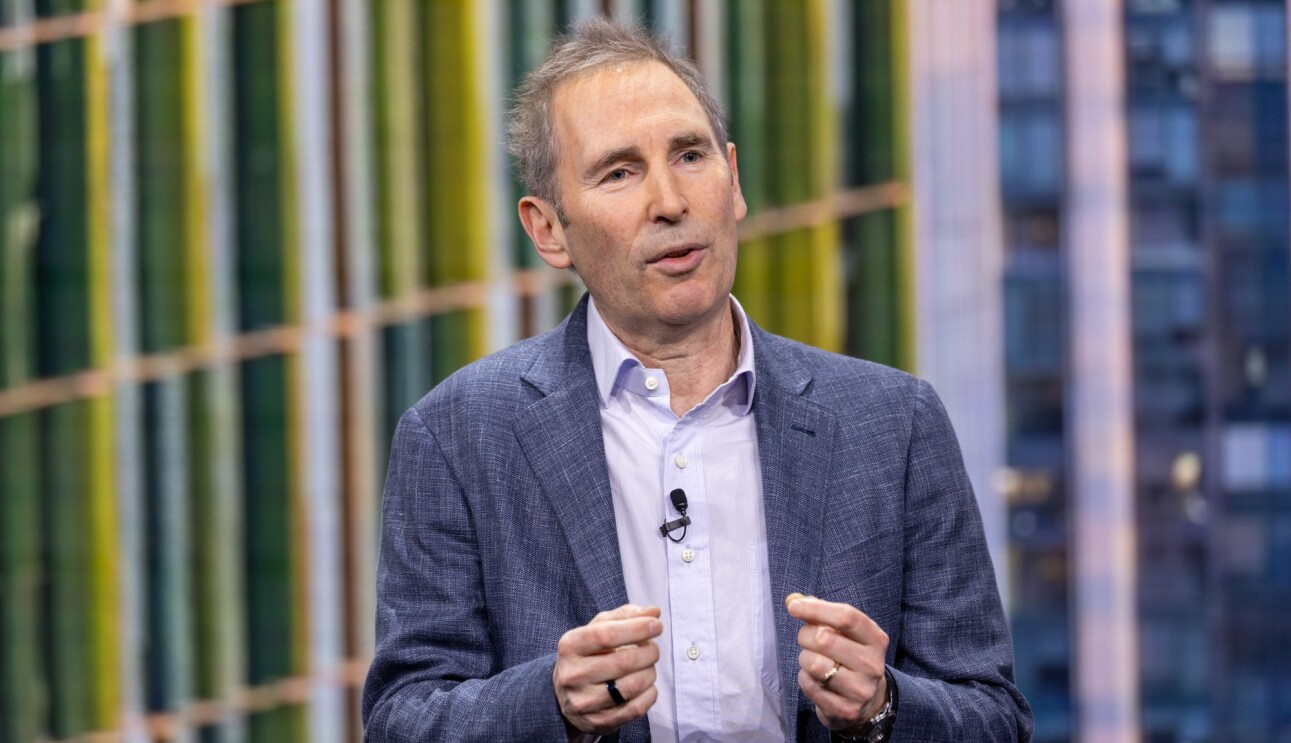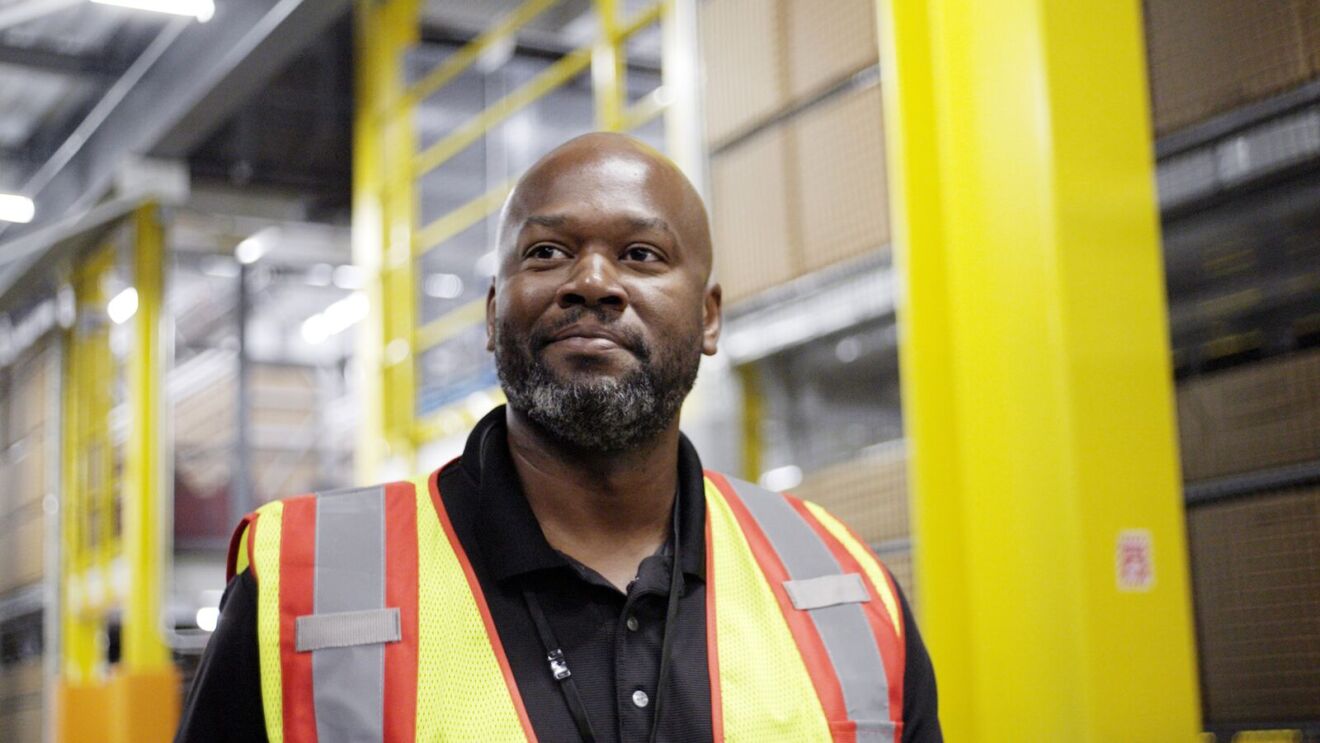Brielle Newton has celebrated Juneteenth with her family for years, commemorating the day—June 19, 1865—when the last slaves were informed of the Emancipation Proclamation in Texas.
“Juneteenth, for me, is more of a celebration of overcoming such a dark past,” said Newton, an area manager at the Amazon Air hub at Cincinnati/Northern Kentucky International Airport. “Juneteenth means opportunities, freedom, and then chances just to make sure you can do anything that you put your mind to.”

Newton’s celebration took on an even deeper meaning after she traced her ancestral roots to her great-great-great-great grandmother, a trailblazing woman named Lucy Bedingfield.
Bedingfield was born into slavery, the daughter of a Black woman and a Cherokee man. Bedingfield married, had nine children, and when she was freed from slavery did something that was rare for her time: She bought 170 acres of land in Athens, Alabama, outside of Huntsville.
“Lucy was able to beat racism, beat slavery, beat the Jim Crow era even, and she was able to translate all of this into generational wealth,” Newton said.

Even as challenges to racial equity persist, Bedingfield's legacy has carried on. The Alabama community where Bedingfield purchased the land is named after her: Lucy’s Branch.
Newton recently traveled to Lucy’s Branch to see her family’s history up close. She walked the land Bedingfield purchased, toured a gravesite where many of her family members are buried, and viewed a plaque dedicated to Bedingfield. To be where her ancestors came from, she said, “means everything to me.”
Trending news and stories








